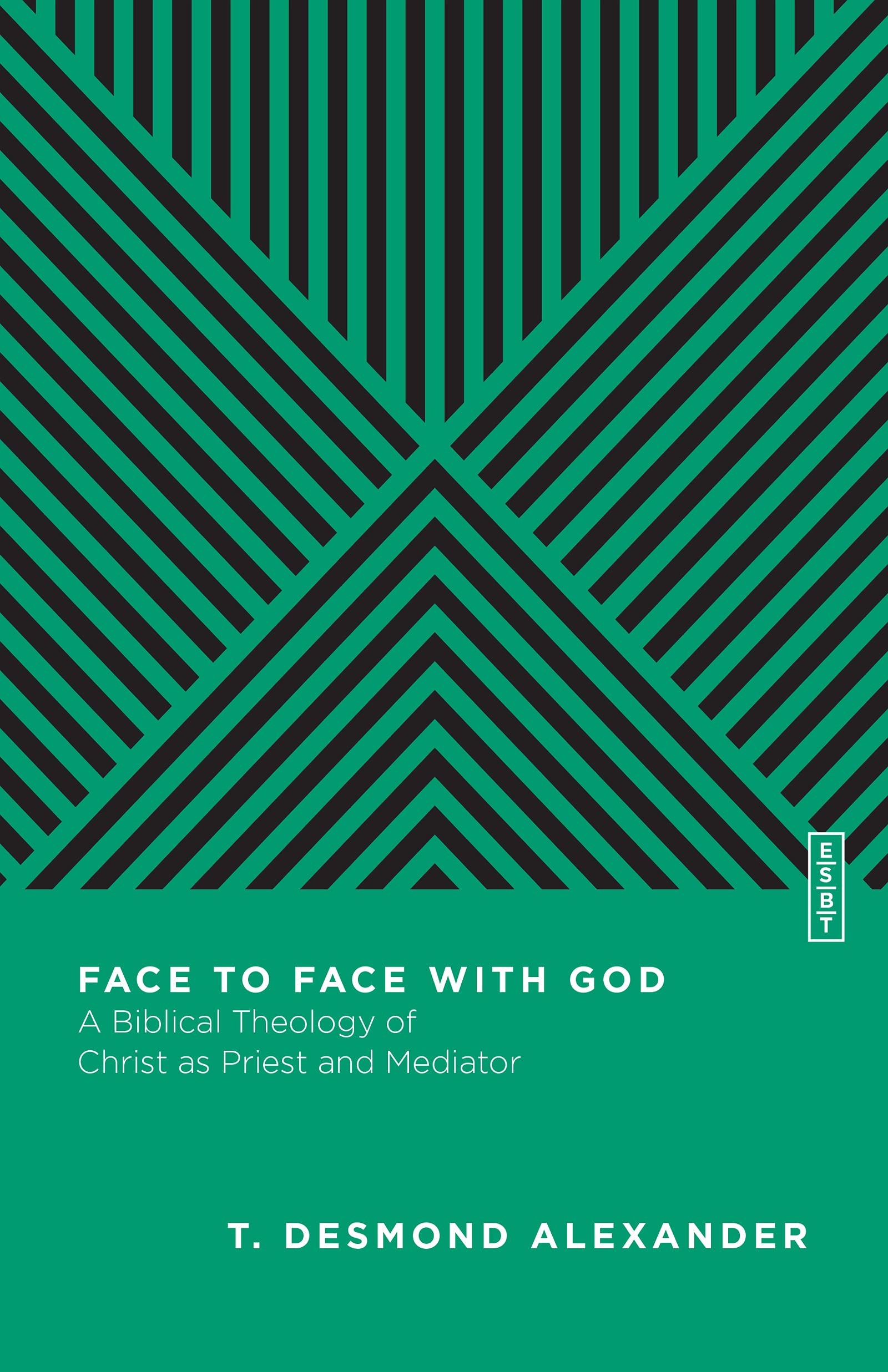What do you think?
Rate this book


163 pages, Kindle Edition
Published March 22, 2022
A study of Jesus Christ's high priestly ministry takes us on a journey through paths that have largely become overgrown through lack of travelers. At times our journey will require perseverance as we familiarize ourselves with new terrain. Ultimately, we shall be rewarded as new vistas will come into view as we orientate ourselves toward the throne of grace in the heavenly sanctuary. Most important of all, as we follow the ascended Christ to the right hand of the Father in heaven, we shall hopefully discover afresh the magnitude of God's forgiveness and the generosity of his love as he invites us to share in a kingdom that can never be shaken.